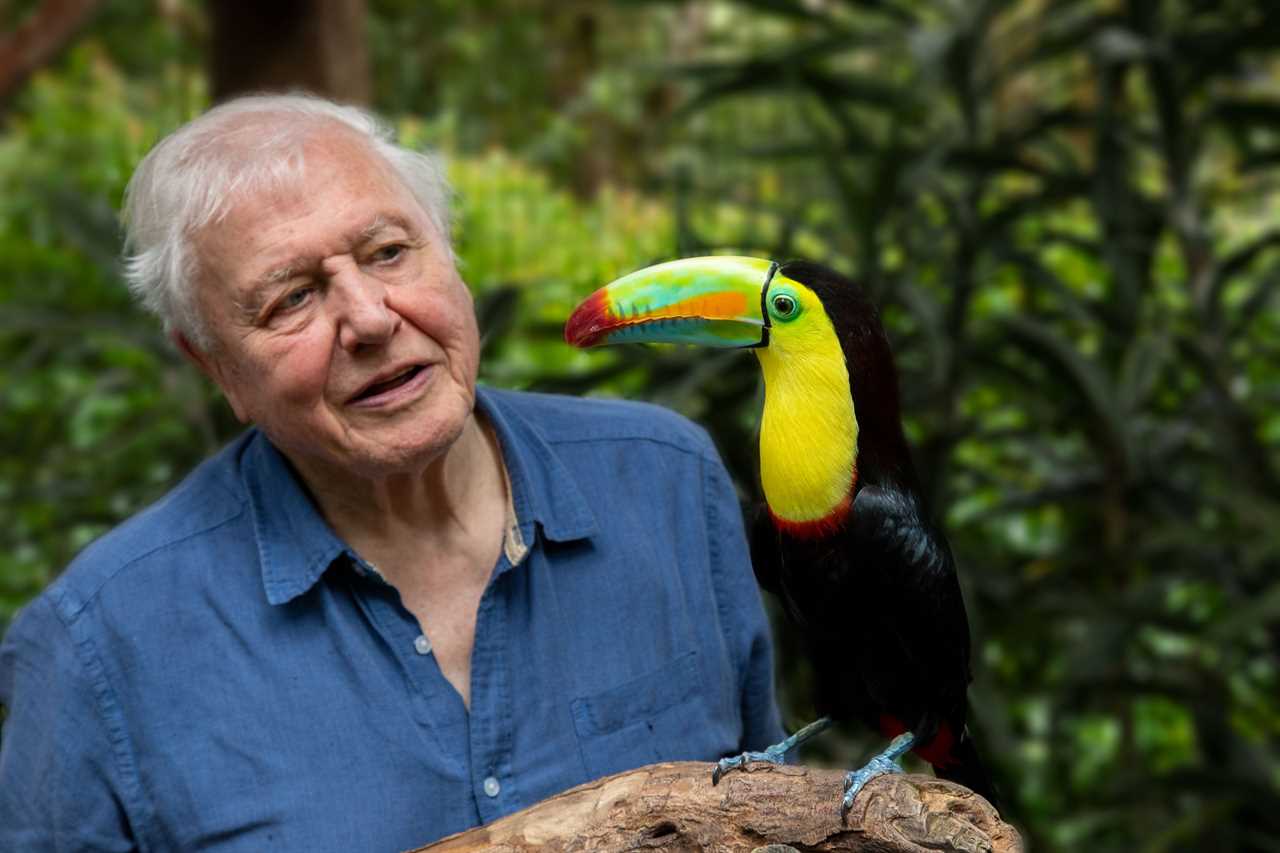BORIS Johnson will this week make a bold commitment to jab the entire world against coronavirus by the end of next year.
The PM hopes to enlist the support of Joe Biden when he meets the new US President for the first time at the G7 summit.
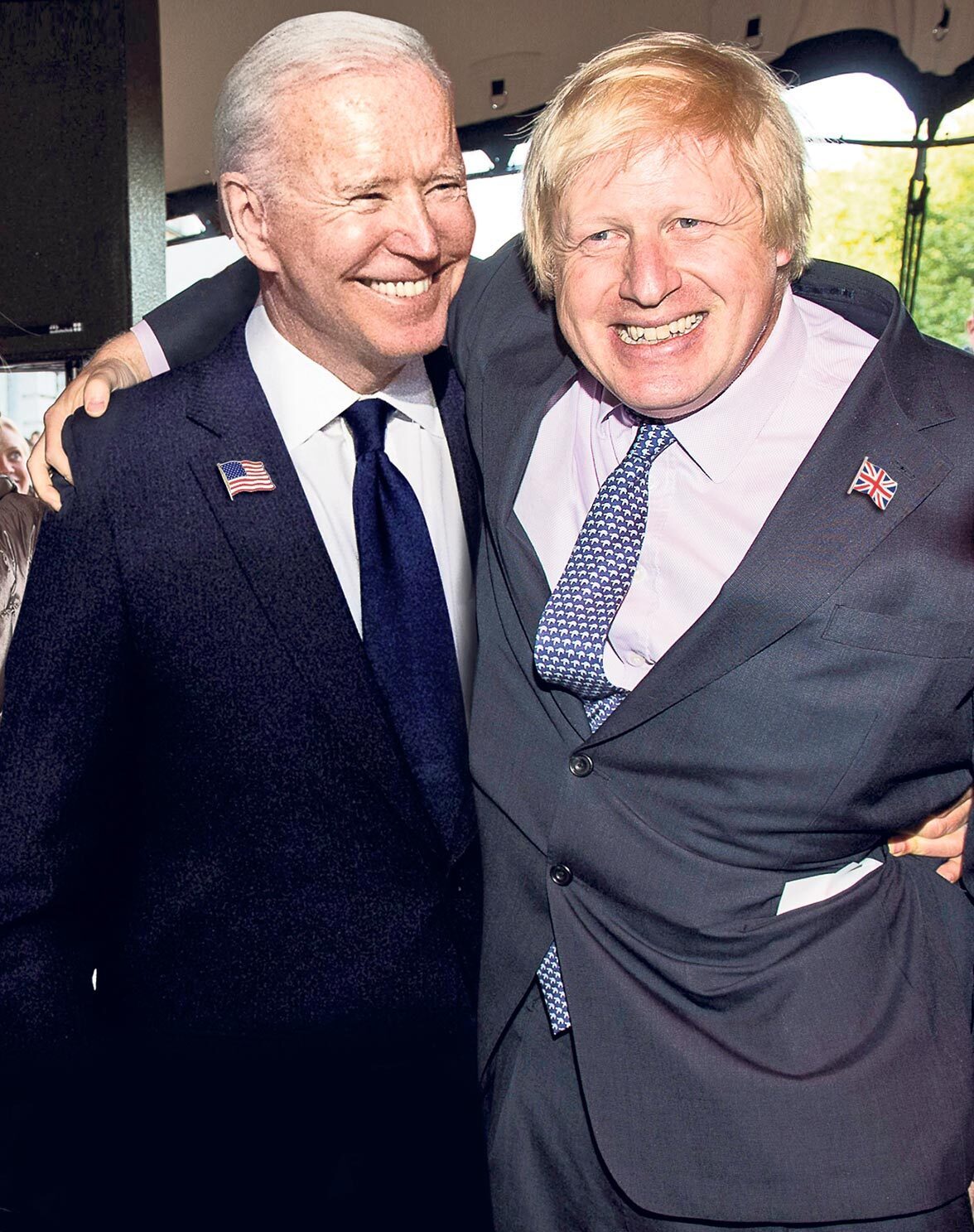
He believes they can pull off the “single greatest feat in medical history”.
Mr Johnson will tell world leaders gathering in Cornwall that they must dig deep to help the poorest nations if they want to end the pandemic for good.
He will be out to convince them he can extend the success of Britain’s jabs campaign to protect everyone on the planet. That means stepping up production, tearing down international distribution barriers and sharing surplus doses.
Britain has already pledged to donate the majority of our extra supplies to those in desperate need — and Mr Johnson will use his role as G7 host to rally the richest countries behind him.
The PM will tell leaders they are gathering at “an historic moment for our countries and for the planet”. He said yesterday: “The world is looking to us to rise to the greatest challenge of the post-war era: defeating Covid and leading a global recovery. Vaccinating the world by the end of next year would be the single greatest feat in medical history.”
Mr Johnson will meet Mr Biden, 78, for the first time on Thursday when he arrives at Carbis Bay, near St Ives. Climate change, a post-Brexit trade deal, getting more kids into school and the rebuilding of shattered economies will all be high on the agenda.
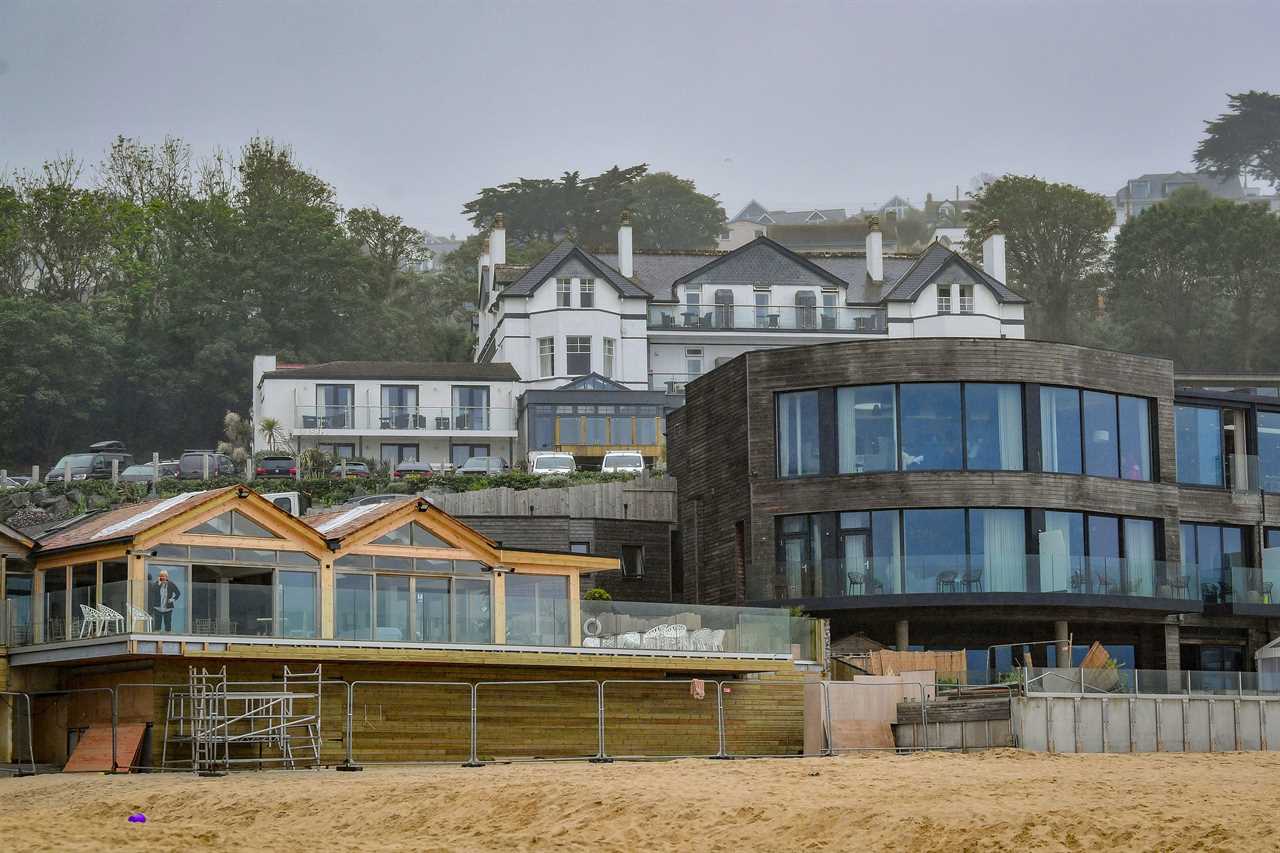
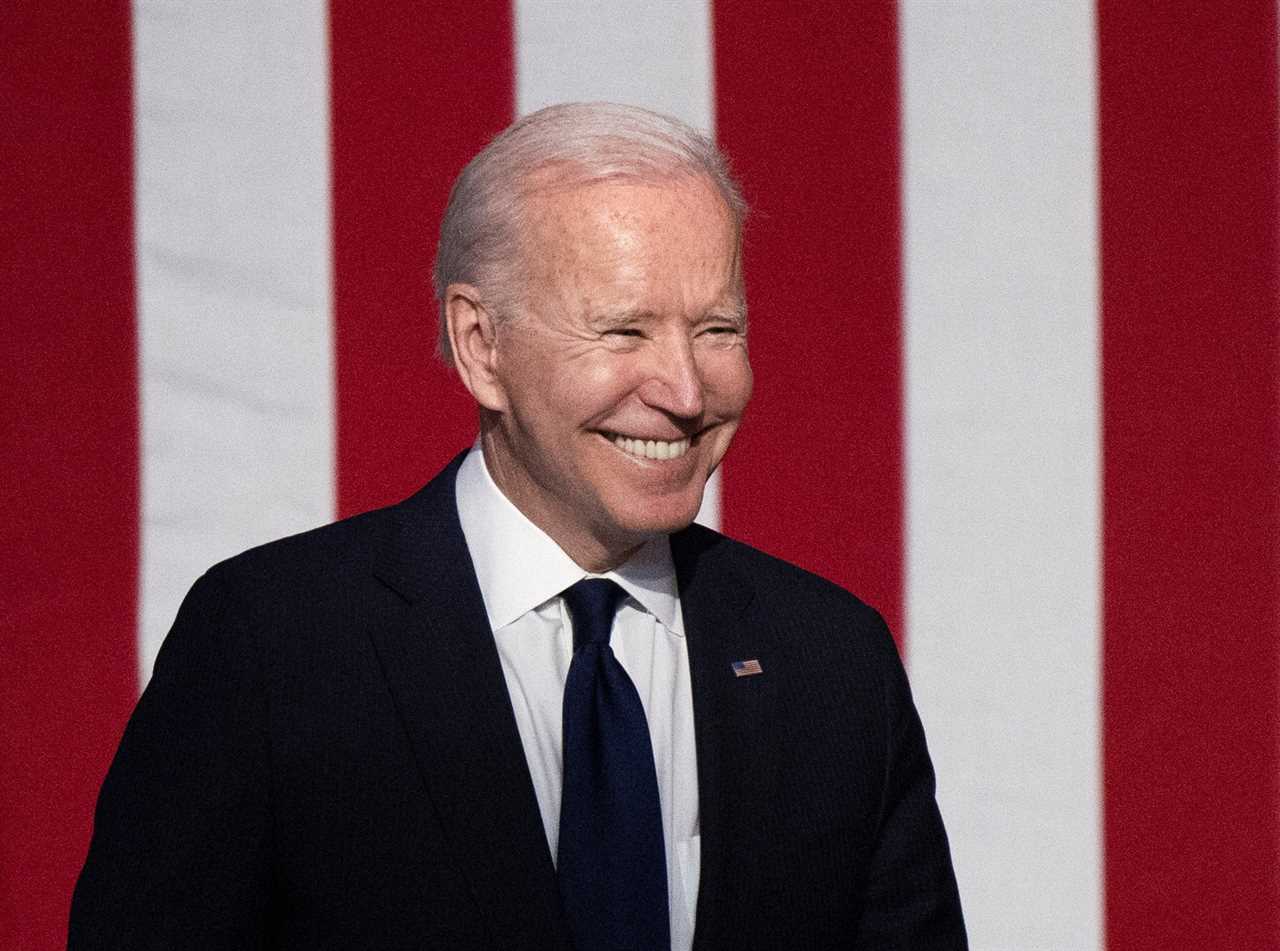
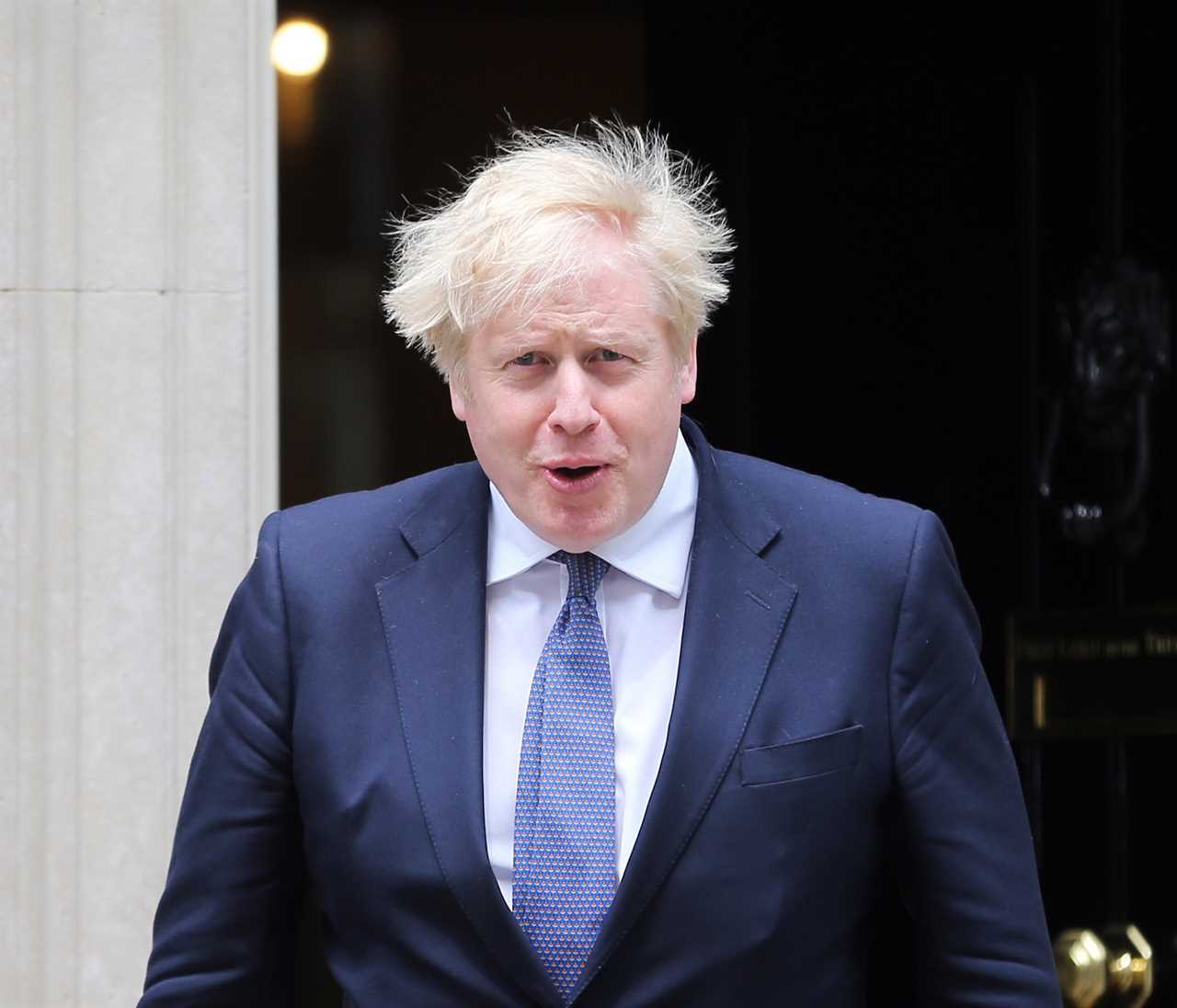
But both leaders know the recovery can only begin once Covid has been defeated. With three-quarters of British adults jabbed in less than six months, the PM believes vaccinating the whole world is an achievable goal.
UK citizens still face major travel restrictions because countries struggling to catch up pose a risk of fresh outbreaks. The three-day meeting is the first between G7 leaders since the start of the pandemic. Mr Johnson is also expected to seek support for a new world network to act as an early warning system for future outbreaks.
He wants a “Global Pandemic Radar” surveillance system to detect vaccine resistant variants before they spread. One plan is for countries to establish “zoonotic research hubs” to help determine when a disease is capable of leaping from animals to humans. But the most pressing priority is mass vaccination around the world.
The UK has so far led efforts to ensure the world’s poorest and most vulnerable people have access to vaccines. Last year, the Government funded the development and production of the Oxford/AstraZeneca vaccine and guaranteed it would be made available at cost price around the globe.
Almost one in three jabs around the world — 450 million out of 1.5billion doses — have been Oxford-AstraZeneca. Britain also set up the COVAX scheme to distribute jabs to developing countries, providing £548million early on and encouraging other countries to commit.
COVAX would not have been able to deliver the 80million jabs it already has without Oxford/AstraZeneca, which made up 96 per cent of those doses.
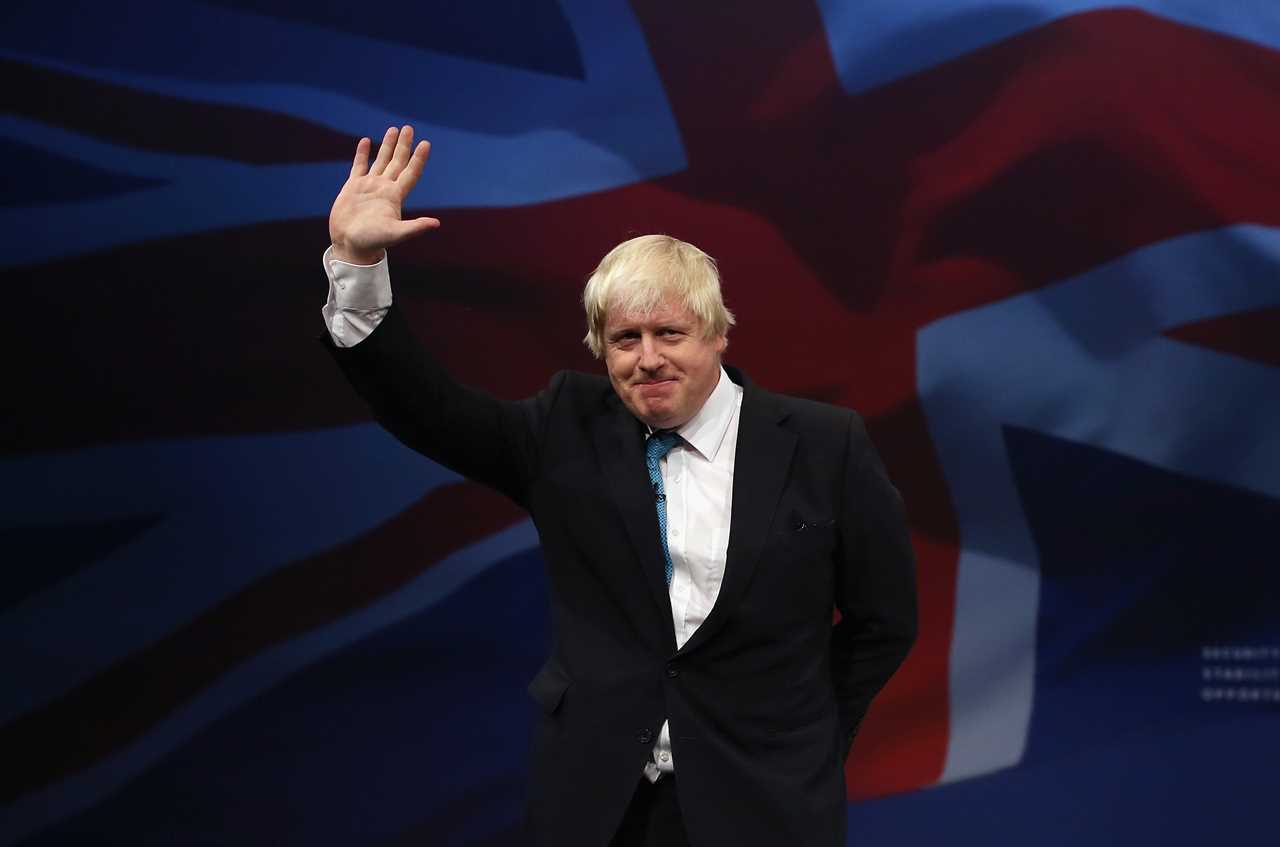
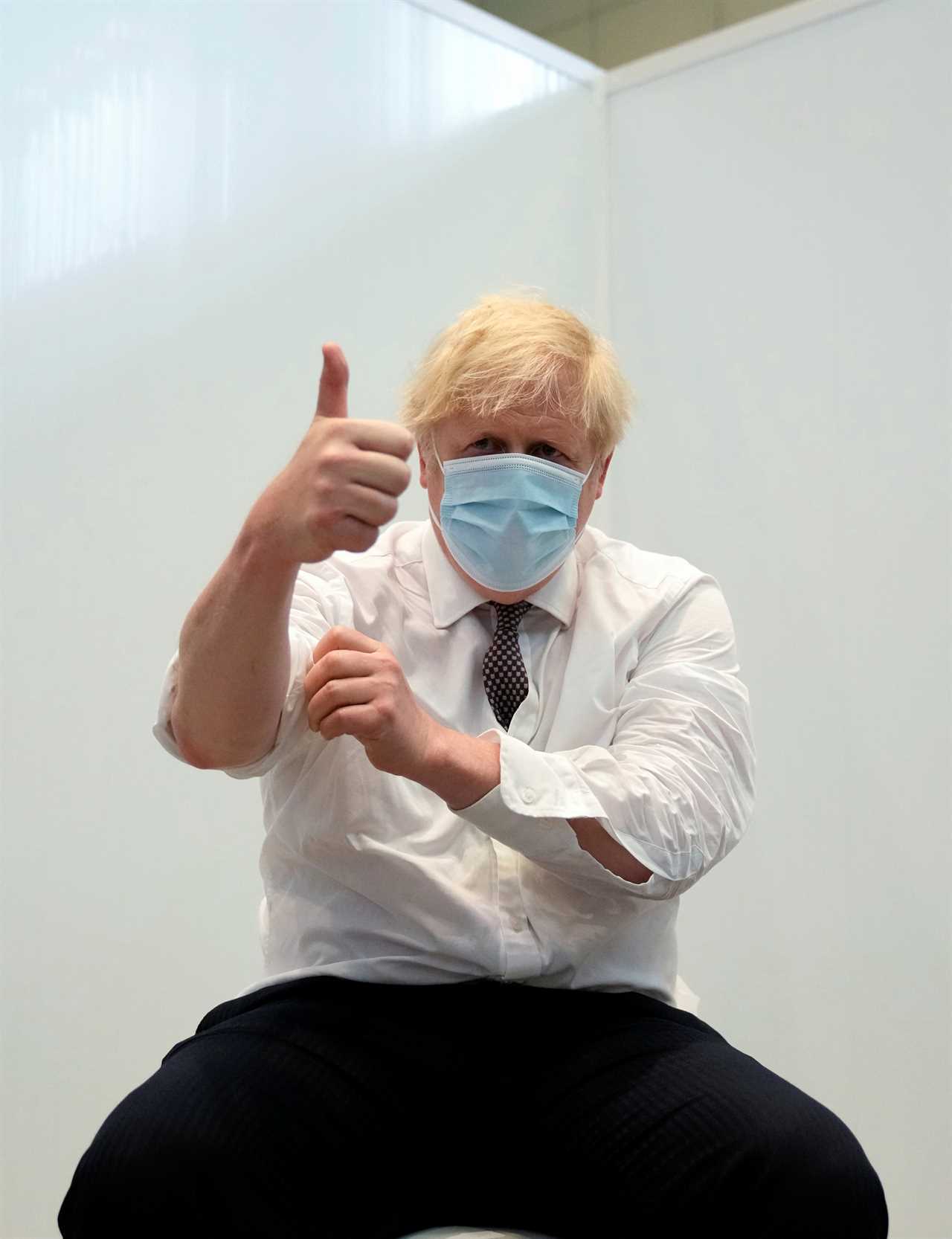
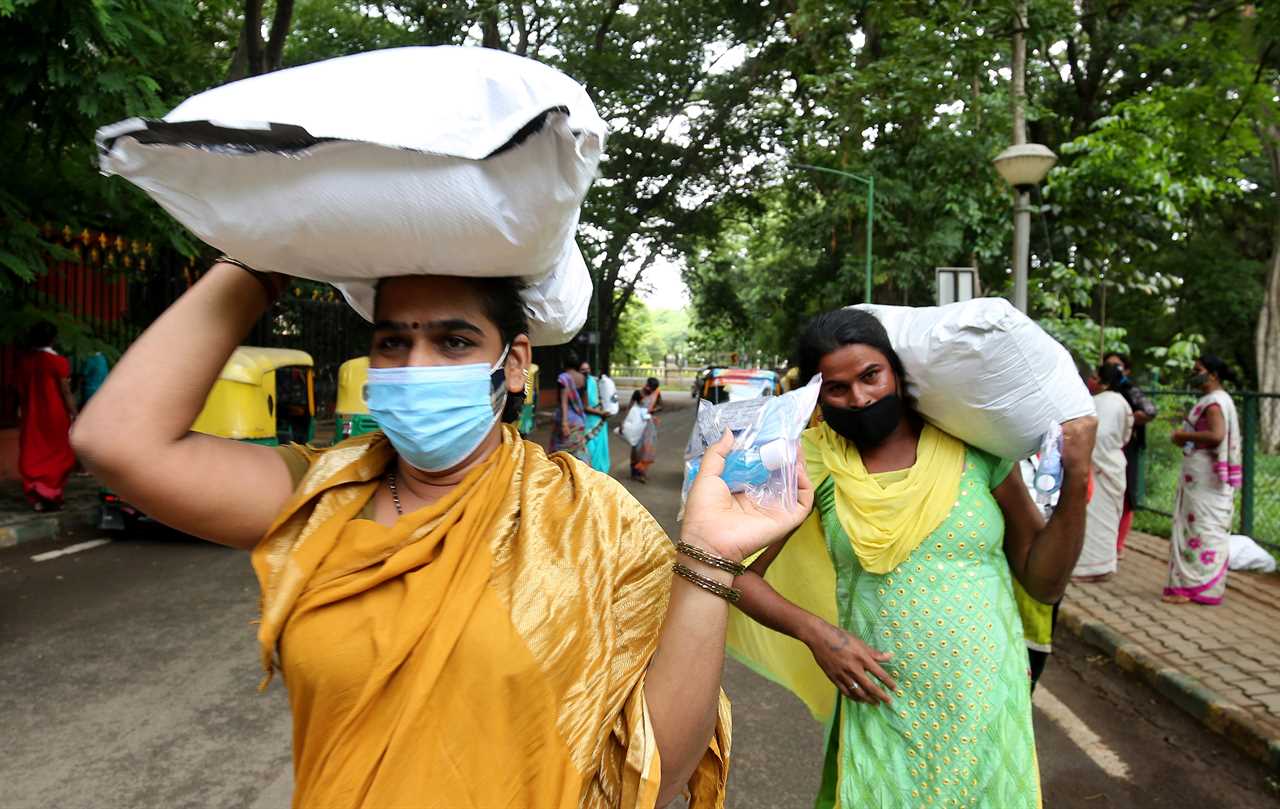
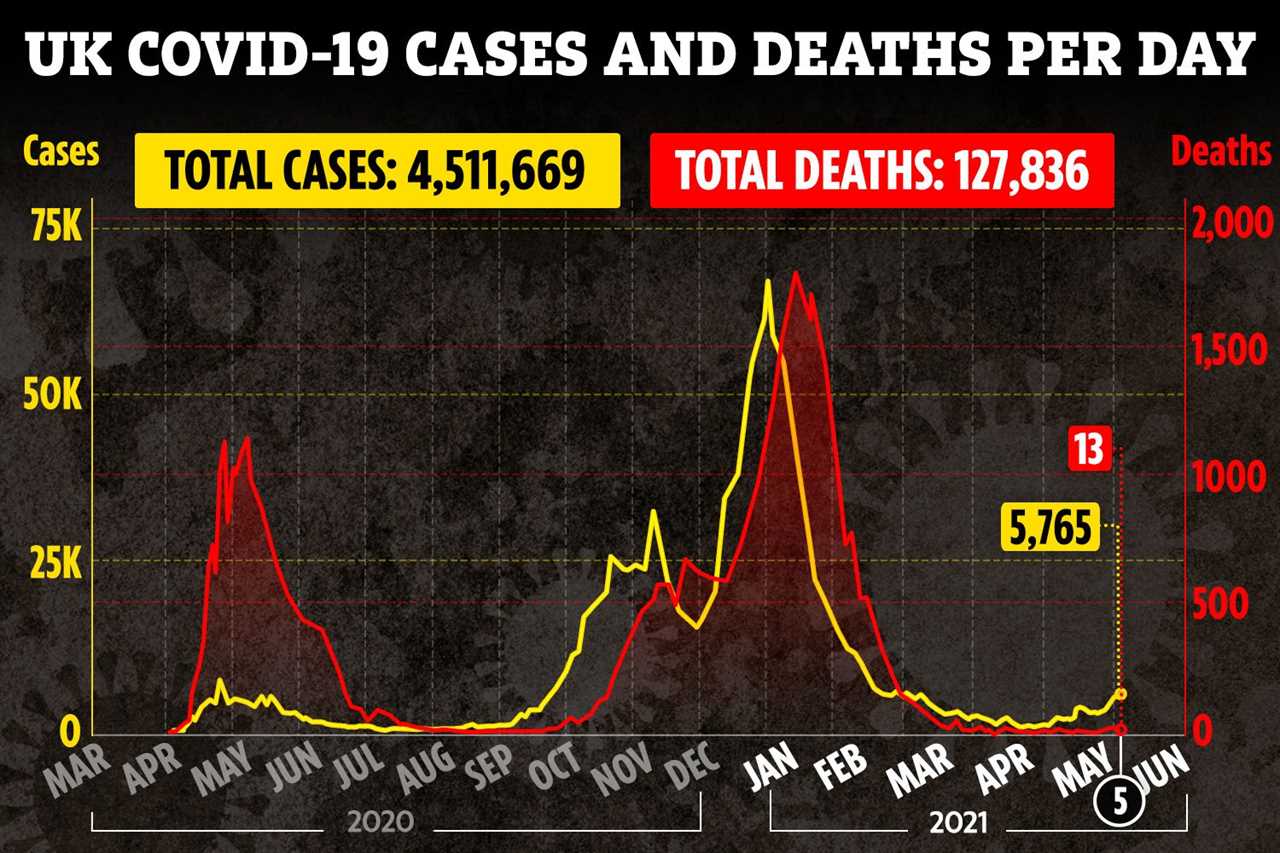
The UK has already pledged to share a significant majority of its surplus doses with the scheme and, later this week, the PM will announce how many more he can make available for the wider world.
The G7 leaders will be joined virtually by experts, including Sir Patrick Vallance, Melinda French Gates and Sir David Attenborough. Leaders of Australia, South Africa, South Korea and India will join — in person or remotely — for discussions on health and climate change.
It will be the first G7 where all members will have committed to achieve net zero carbon emissions by 2050 ahead of November’s UK-hosted COP26 Summit.
